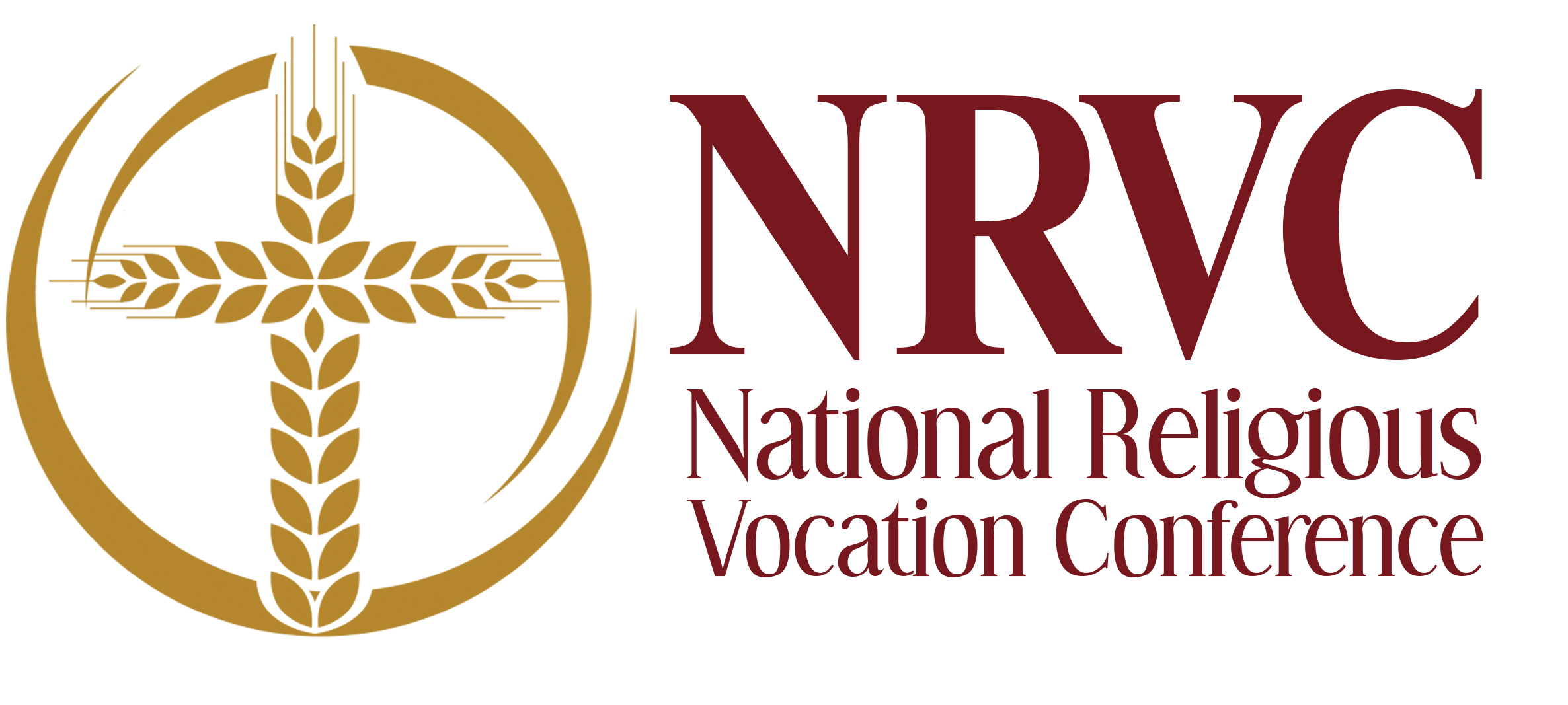|
HOW TO CARVE OUT THE GOOD
Many of us are content with our moral character and figure we're basically good enough. Most commandments are easy for us to keep. We don't murder, we don't steal, and we're faithful companions. We don't bear false witness—not in courtrooms under oath, anyway. We don't lie about things of any consequence, we're pretty sure. We don't deliberately cause harm to others. We go to church when we're supposed to, and say our prayers. So, as far as morality goes, we're in the clear, right?
W-e-l-l, not really. Not being bad isn't the same as being good. It's interesting to note that the etymological opposite of virtuous is vicious. If we're not actively practicing vice, that doesn't fill the gap in our lives intended for the practice of virtue. A virtuous person conforms to standards of righteousness, and a vicious person conforms to faults and corruption. If we refrain from evil deeds but leave a hole open in our lives where virtuous action is supposed to be, it's an open invitation to slip-slide in the direction of vice.
This explains our encounters with church-going, law-abiding people who are vicious in their speech and attitudes toward others. They may not do bad things, but they sure harbor a lot of malice in their hearts. Not practicing love leaves room for hate. Not practicing generosity makes us stingy. Not practicing compassion invites judgment. Good enough is just not good enough.
—Alice Camille,
reprinted with permission from TrueQuest Communications
|













